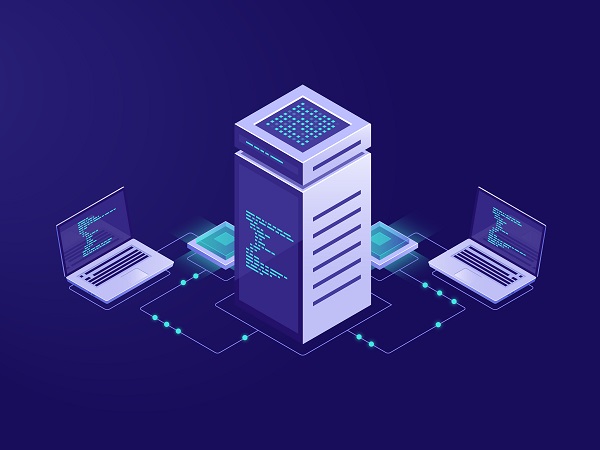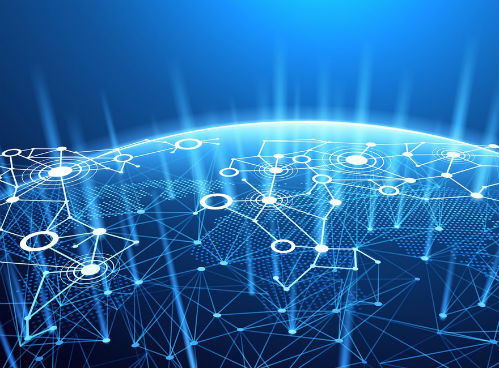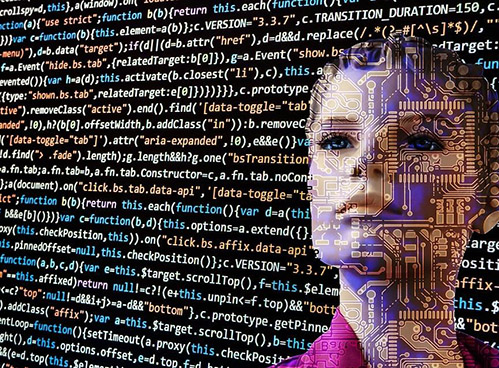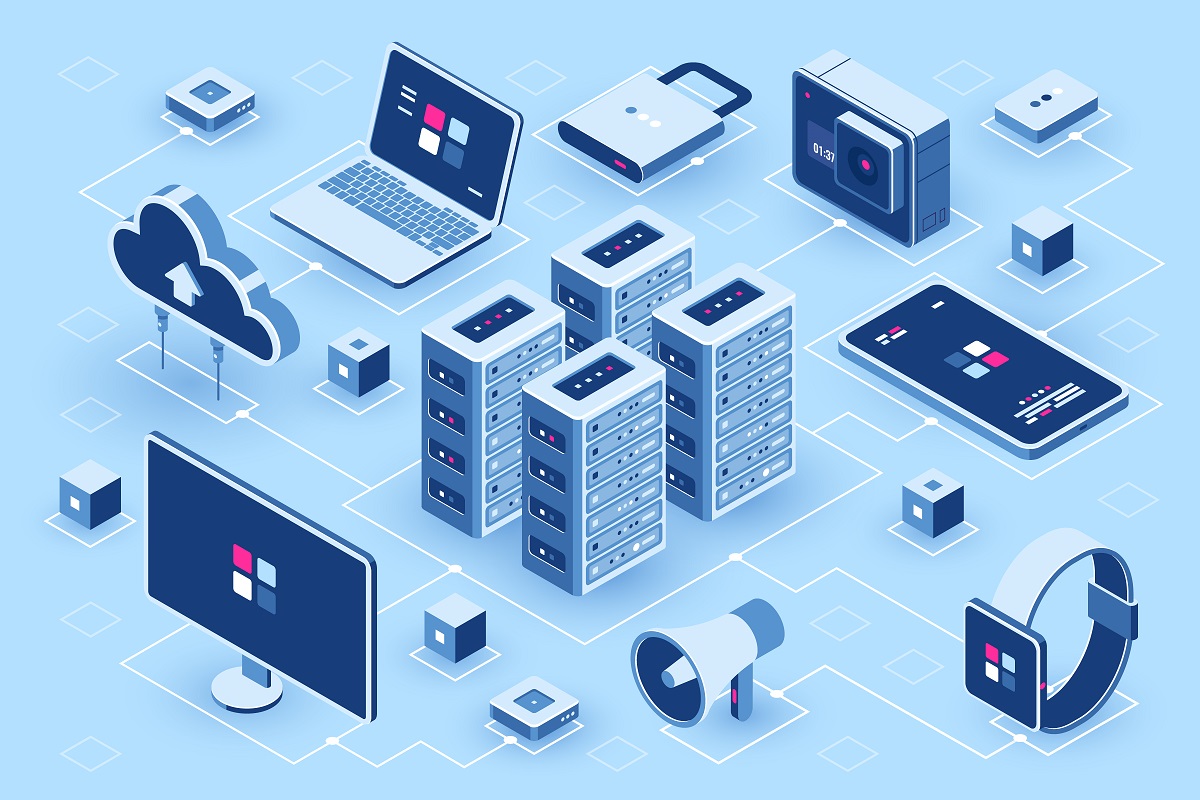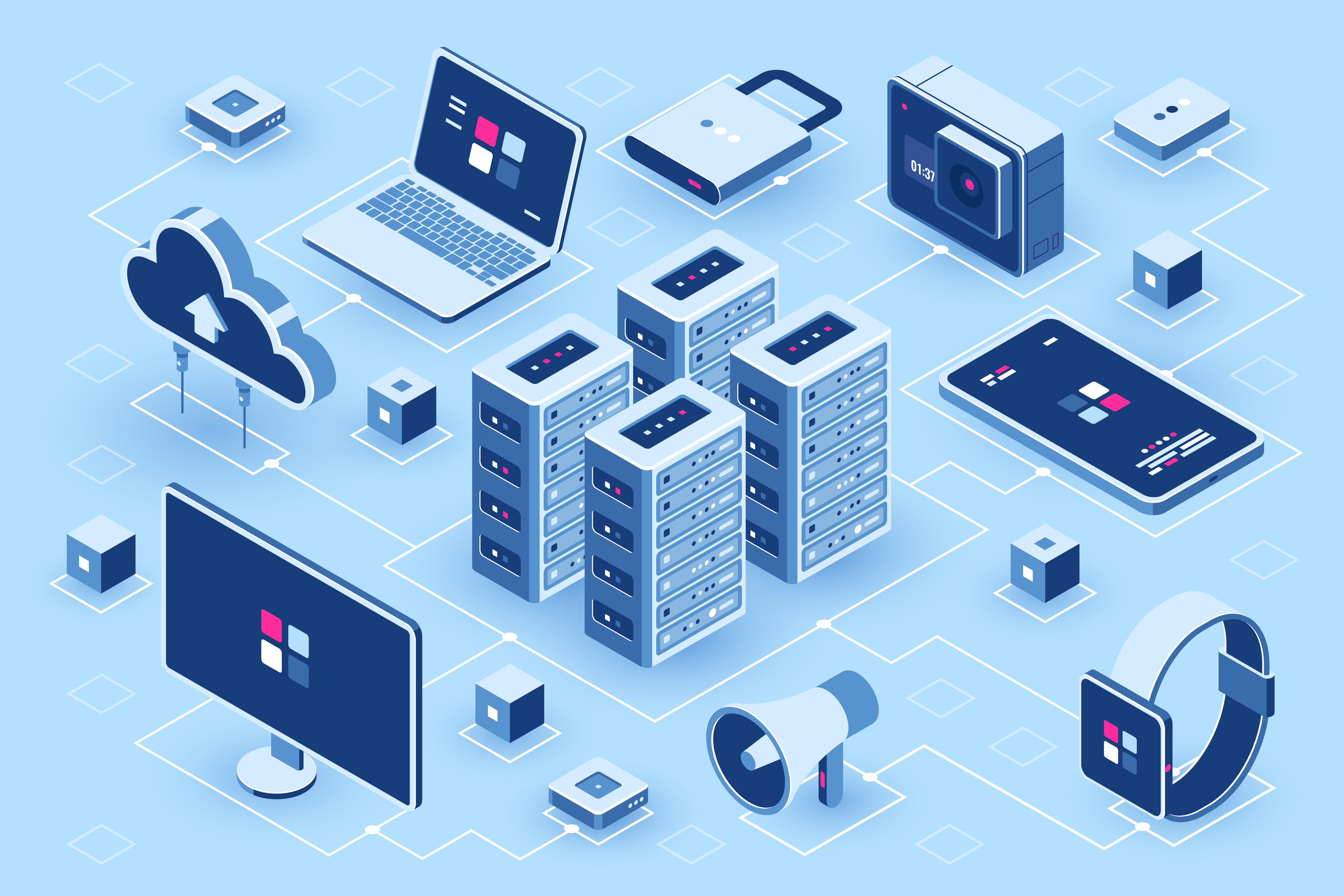When it comes to cybersecurity debates, a raging one these days is about the freedom on the internet. In the current Age of Information, several authorities, including governmental agencies have been striving to gain complete control over the internet. A frequently brought-up aspect of internet freedom is ‘decentralization,’ which refers to a rather idealistic version of the internet, with no centralized servers, etc.
Taking the notion of decentralization into account, several cybersecurity specialists and researchers have shone a spotlight on blockchain technology, and the powerful role it could play in decentralizing the flow of data on the web.
However, when it comes to propagating the notions of security and transparency on the internet, we feel it our moral obligation to ponder over the implications that the implementation of the blockchain technology might have.
In a digital landscape where people have to create petitions and fight for the smallest snippets of online freedom, it is crucial that we dive off the deep end, and analyze the problem, along with the proposed solution from all sides and perspectives. Before we can do that, however, we’d like to start the article off by presenting to our readers an overview of the importance of decentralization of the internet.
Why does the decentralization of the internet matter?
Before we can elaborate on what decentralization is, and the importance it bears on the current digital landscape, we’ll need a brief recap over what centralization is and the problems it bears on the functioning of the web today.
On the opposite side of the spectrum, centralization refers to a couple of entities ‘owning’ the internet, which leads to a power dynamic between smaller and large tech companies, in which the dice almost always rolls in favor of the larger fish in the pond.
Opposed to the very concept of decentralization, centralization refers to a totalitarian rule over the web, while decentralization takes a much more democratic approach towards the internet. Although alluding the present centralized state of the internet to living under a totalitarian regime might seem excessive, one need looks no further than China for a real-life demonstration of the dire impact that an unregulated control over the internet can have.
Keeping all this in mind, it comes as no surprise that freedom on the internet continues to decline, according to a report published by Freedom House. The same report also points a finger towards China, for being the worst abuser of internet freedom, for the fourth consecutive year.
Moreover, the findings of the report depict a bleak future for internet freedom as well, since out of the 65 countries surveilled in the report, it was revealed that 33 of those countries had seen a decline in internet freedom (compared to 2018), while only 16 had seen an increase. Taking the dire implications of these stats into consideration, the need for a decentralized internet becomes apparent, since the present-day internet is dominated by a group of companies known as the FAANGs, which consist of Silicon Valley giants such as Facebook, Apple, Amazon, Netflix, and Google.
The notion of a decentralized web rises from the concerns of many- it might not come off as a surprise to many, but data-mining practices on the internet are rising in popularity, which renders personal information into a commodity for sellers and advertisers to exploit. Furthermore, the centralization of the internet today leaves a lot of room for the manipulation of data by those at the top of the hierarchy, along with several loopholes that can be exploited by cybercriminals to gain access to sensitive data.
The importance of decentralization of the internet can be understood from this point that hackers often steal databases that aggregate personal information which bad actors use to open financial accounts under the stolen identities. Such data consists of credit card details, social security numbers, and other information which attackers can use to benefit themselves. As hackers usually obtain such information through phishing attacks so, individuals must be aware of to combat such attacks. Also, it is revealed that the majority of the inbox phishing scams in 2018 were related to credential and email scams; therefore, everyone should know how to tackle it.
The concept of a decentralized internet offers a fix to the oligopoly seen in action over the internet today, since, in a decentralized web, there is no need for a centralized data storage server. If the notion of a decentralized internet was sprung up to life, the web would rely on a network of multiple participating computers, which would all share equally in the momentous responsibility of storing valuable information on the internet.
How can blockchain help decentralize the internet?
If what we’ve talked about above sounds eerily familiar, chances are you’ve heard or read about blockchain technology. When it comes to decentralizing the internet, blockchain technology can prove to be crucial since it employs a peer-to-peer network protocol, in which data is stored across multiple computers or “nodes.”
At this point, however, the only popular application of blockchain is related to the tech’s use in cryptocurrency, where it plays a fundamental role in authorizing transactions through a native coin or token.
In a similar way, the blockchain technology can be used to decentralize the web- however, the process isn’t going to be an easy one. Considering that one of the greatest drawbacks of the centralized internet is how tedious data management becomes on the web; an analysis of web hosting industry stats by HostScore revealed that the problem is only going to grow in complexity since the web hosting market is only expected to grow.
Furthermore, the analysis done by HostScore also brought into light that the global hosting saturation is expected to grow at a staggering rate of 13.25%, which paints a rather bleak picture about worldwide data storage, and the problems it hosts.
Having said that, the analysis done by HostScore in no way means that blockchain is of no use in decentralizing the internet, we just need to look for alternatives rooted in the technology, that aren’t too impractical to rely on.
Two of these more ‘practical’ approaches to the integration of blockchain technology include shifting data storage to network backbones (using cryptographic ledgers) and relying on a ledger-based retrieval and storage system.
Both of these alternatives are based on a cryptographic ledger. So, they immensely relieve the central servers of some of their storage. Migrating to a network backbone via a cryptographic ledger can also prove to be extremely lucrative for small businesses. Especially since a network backbone could help them upgrade their upload and download speeds. And provide a greater level of much-needed security to them.
When it comes to larger enterprises, however, cybersecurity specialists propose something else. A reliance on cryptographic ledgers and retrieval. This encourages larger companies to store data through blockchain, secured with identity authorization tokens. Which in turn allows for the safe transmission and transaction of data within organizations.
In conclusion
At the end of the article, we’d like to reinstate the idea we’ve mentioned above. A decentralized internet is absolutely crucial for securing our digital landscape for future generations to come. Moreover, blockchain technology still has a lot of untapped potentials. This elevates cryptocurrency tech to a staple in the cybersecurity diet of many.




